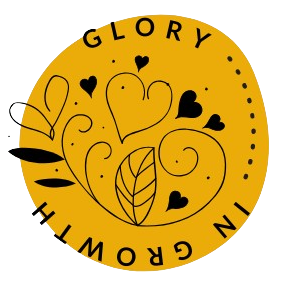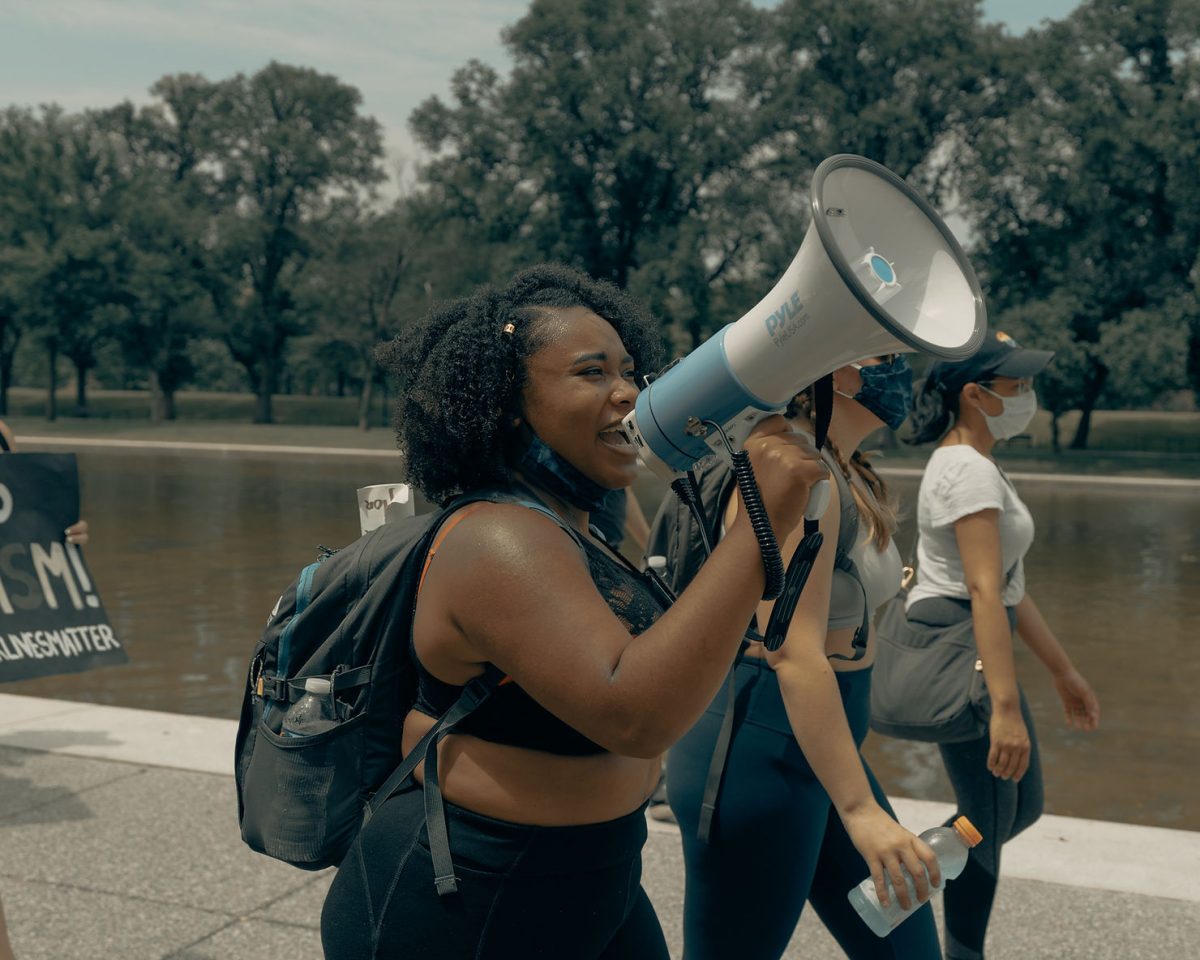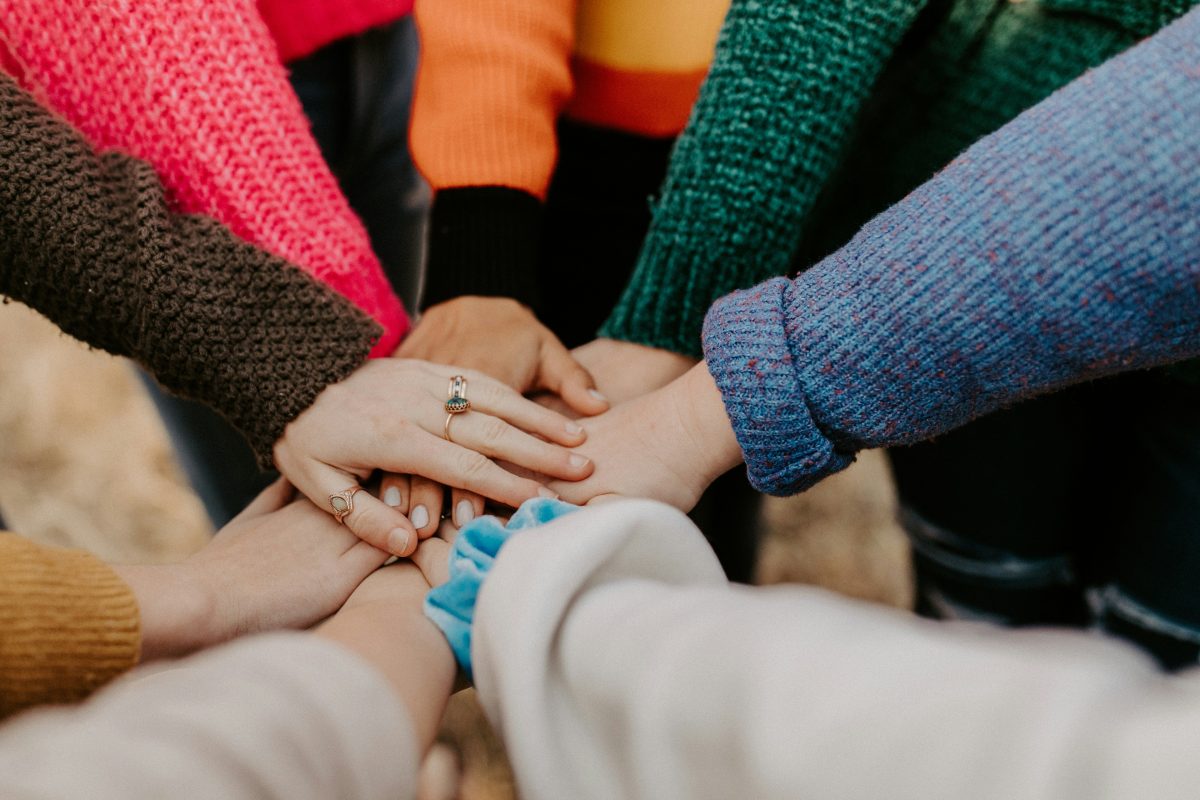In a world filled with diverse voices and perspectives, the art of assertive communication stands as a beacon of empowerment, particularly for individuals navigating life through the lens of neurodiversity, or any form marginalization. It’s not just about speaking up; it’s about mastering the delicate balance between expressing oneself confidently while respecting others. If you’ve felt overlooked or unheard, fear not! Here are some effective tips to help you harness the strength of assertive communication in your daily interactions.
1. Know Thyself: Understanding your thoughts, emotions, and boundaries is the cornerstone of assertiveness. Take time to identify what you feel comfortable with and what makes you uneasy. Embrace your quirks and uniqueness, allowing your genuine self to shine.
2. Practice Makes Progress: Start small by asserting yourself in low-stakes situations. Whether it’s politely declining an invitation or offering an opinion in a friendly discussion, these baby steps build the foundation for assertiveness.
3. The Power of “I” Statements: Expressing your thoughts using “I” statements, such as “I feel…” or “I need…”, can prevent others from feeling attacked or defensive. It helps convey your perspective without causing unnecessary friction.
4. Setting Boundaries Gracefully: Communicate your boundaries kindly but firmly. Remember, it’s okay to say “no” when something doesn’t align with your comfort level. Establishing boundaries is an act of self-care.
5. Active Listening: Assertiveness isn’t just about speaking; it’s also about being a good listener. Engage actively in conversations, validate others’ viewpoints, and respond thoughtfully. This reciprocity fosters an environment of mutual respect.
6. Confidence is Contagious: Embrace confident body language – maintain eye contact, stand tall, and speak with conviction. When you exude confidence, it becomes infectious, positively impacting how others perceive and respond to you.
7. Constructive Feedback Loop: Providing and receiving feedback is essential for growth. Offer feedback tactfully and be open to receiving it graciously. This exchange cultivates a culture of learning and understanding.
8. Seek Support and Allies: Surround yourself with individuals who uplift and support you. Having a network of allies who understand and respect your communication style can bolster your confidence to assert yourself more effectively.
9. Mindful Response over Reaction: Practice pausing before responding in emotionally charged situations. This momentary pause allows you to collect your thoughts and respond in a manner that aligns with your assertive communication goals.
10. Self-Advocacy is Key: Advocate for yourself confidently in various settings, whether at work, in relationships, or within social circles. Your needs and opinions matter, and expressing them assertively ensures they are acknowledged.
Remember, becoming proficient in assertive communication is a journey, not a destination. It’s about finding your voice, feeling empowered to express yourself authentically, and respecting others in the process. So, embrace your uniqueness, speak your truth with kindness, and watch as assertive communication becomes your superpower in navigating life’s diverse landscapes.




